We’ve all grown up hearing certain things about everyday tasks. These tidbits of information, often passed down through generations, are accepted as truth, and we rarely question them. However, some of these age-old practices, especially when it comes to food safety, can be downright dangerous.
Washing fruits and vegetables is essential for safe food preparation, but many people do it wrongly due to widespread misunderstandings. In this blog, we’ll debunk harmful myths and provide you with accurate information to ensure your produce is clean and safe to consume.
Organic Produce Doesn’t Need Washing
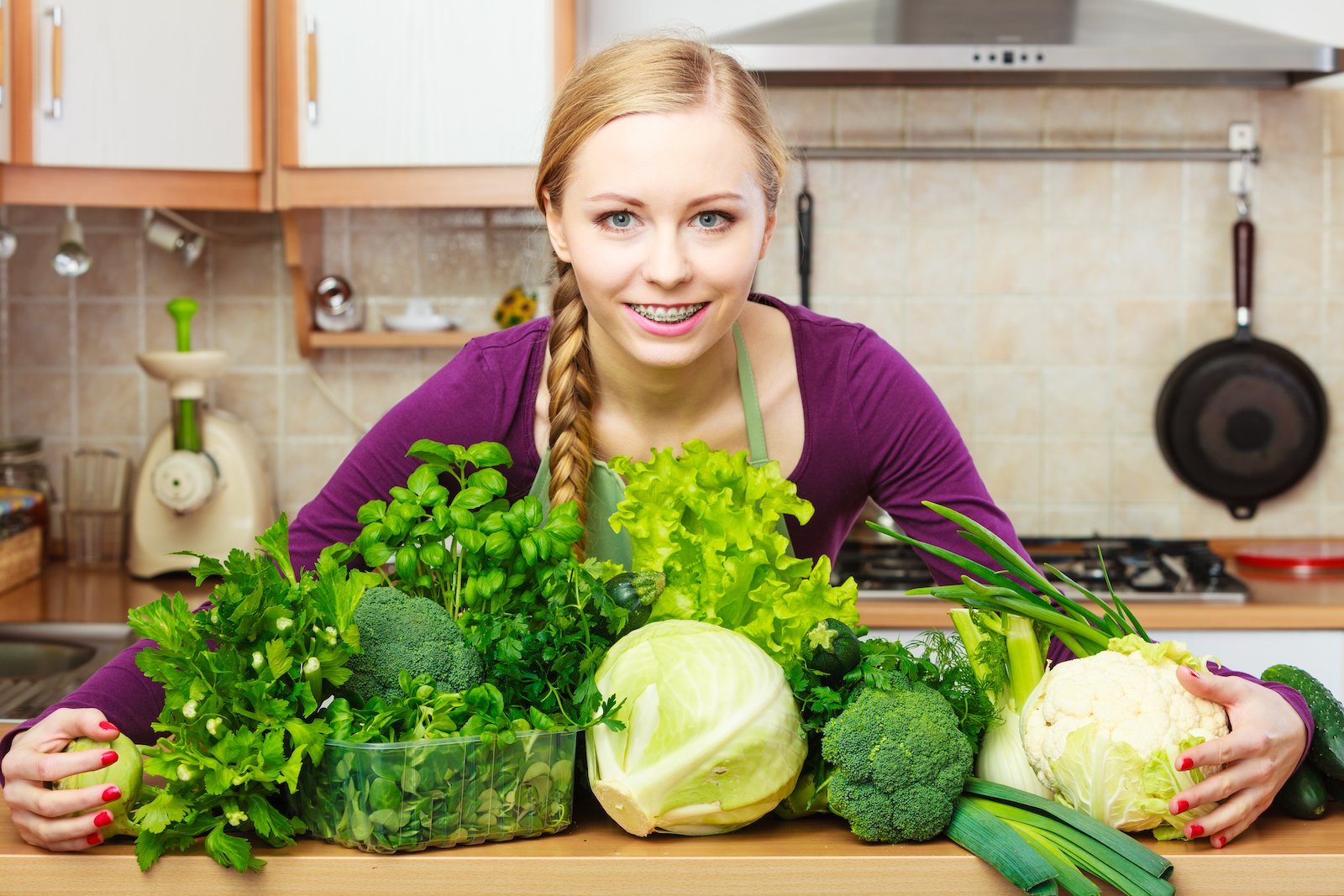
Although organic produce is cultivated without synthetic pesticides, it can still encounter environmental contaminants during its growth and transportation. Soil, water, and air can carry bacteria and other microorganisms that contaminate fruits and vegetables. Therefore, it is essential to wash all produce, whether organic or conventionally grown.
A Quick Rinse is Sufficient
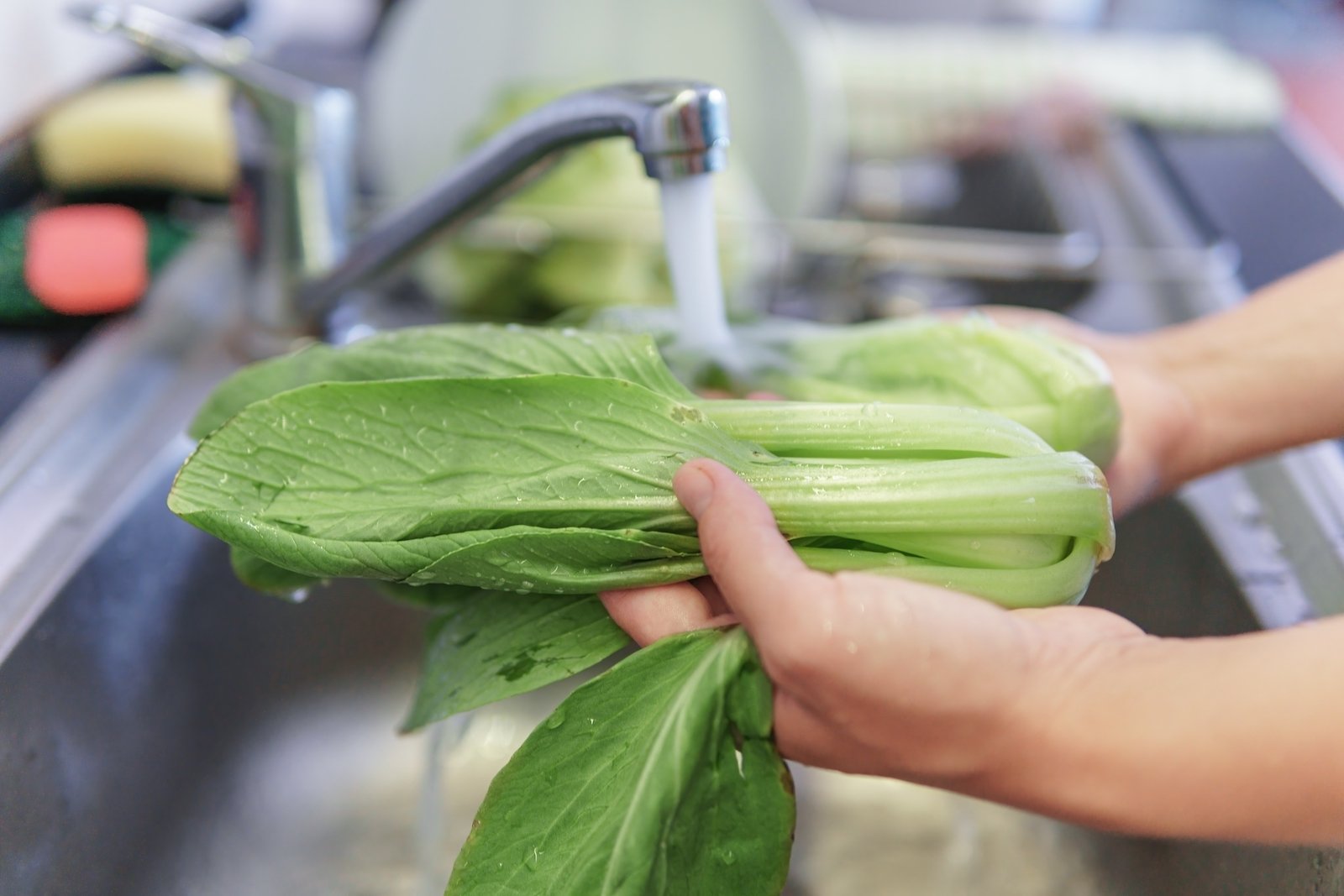
Many believe a quick rinse under tap water is enough to clean fruits and vegetables. However, this is not the case. A thorough wash is necessary to effectively remove dirt, pesticides, and bacteria. Running water should gently scrub the produce, especially for items with crevices or rough surfaces.
Soaking In Vinegar or Bleach Kills Germs
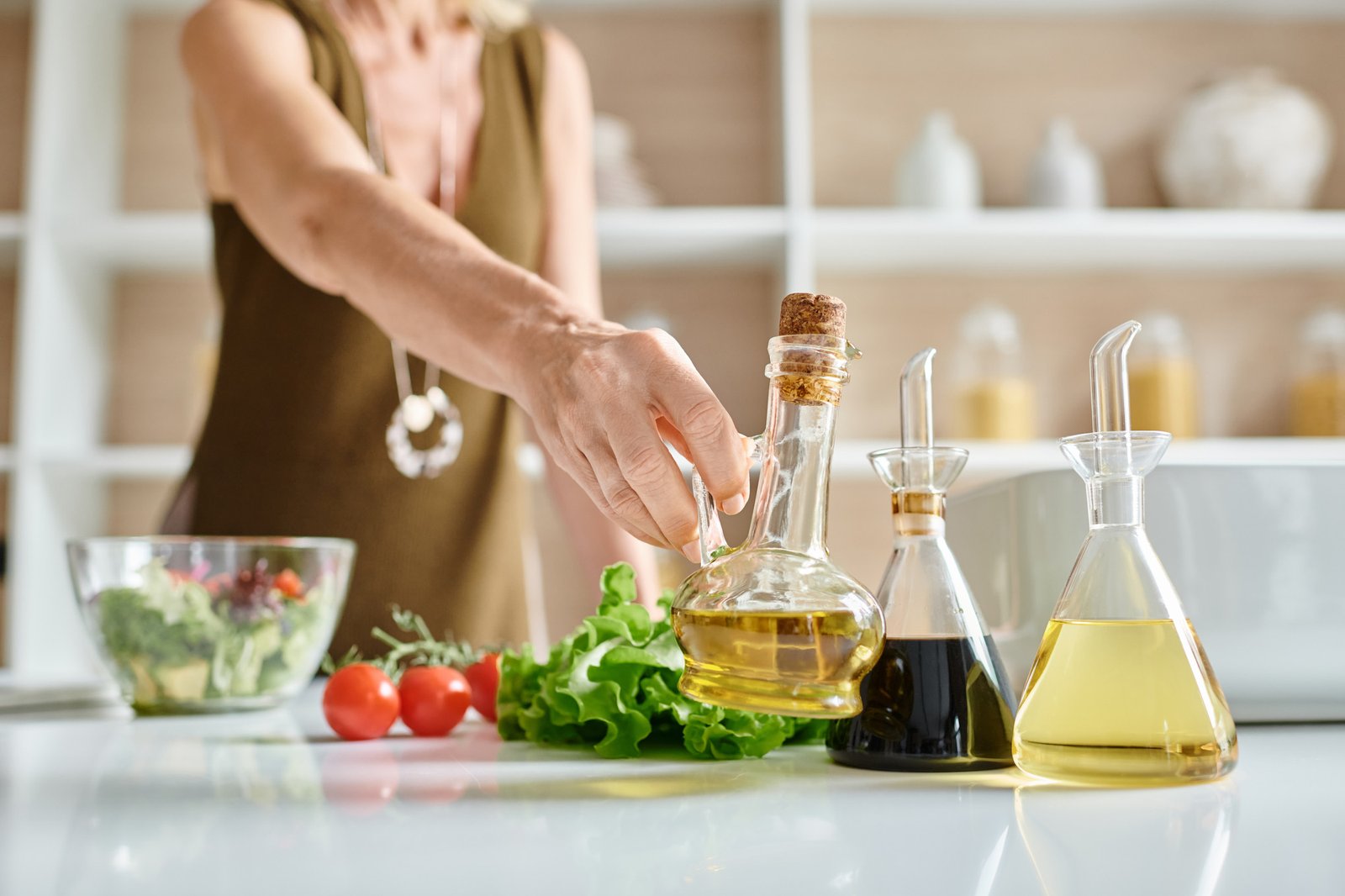
While vinegar and bleach have antimicrobial properties, they are not always recommended for washing fruits and vegetables. These substances can be harmful if consumed and are ineffective at removing dirt and other contaminants. The best method for cleaning produce is to rinse it thoroughly under running water for at least 15 seconds.
If You Peel, You Don’t Need To Wash
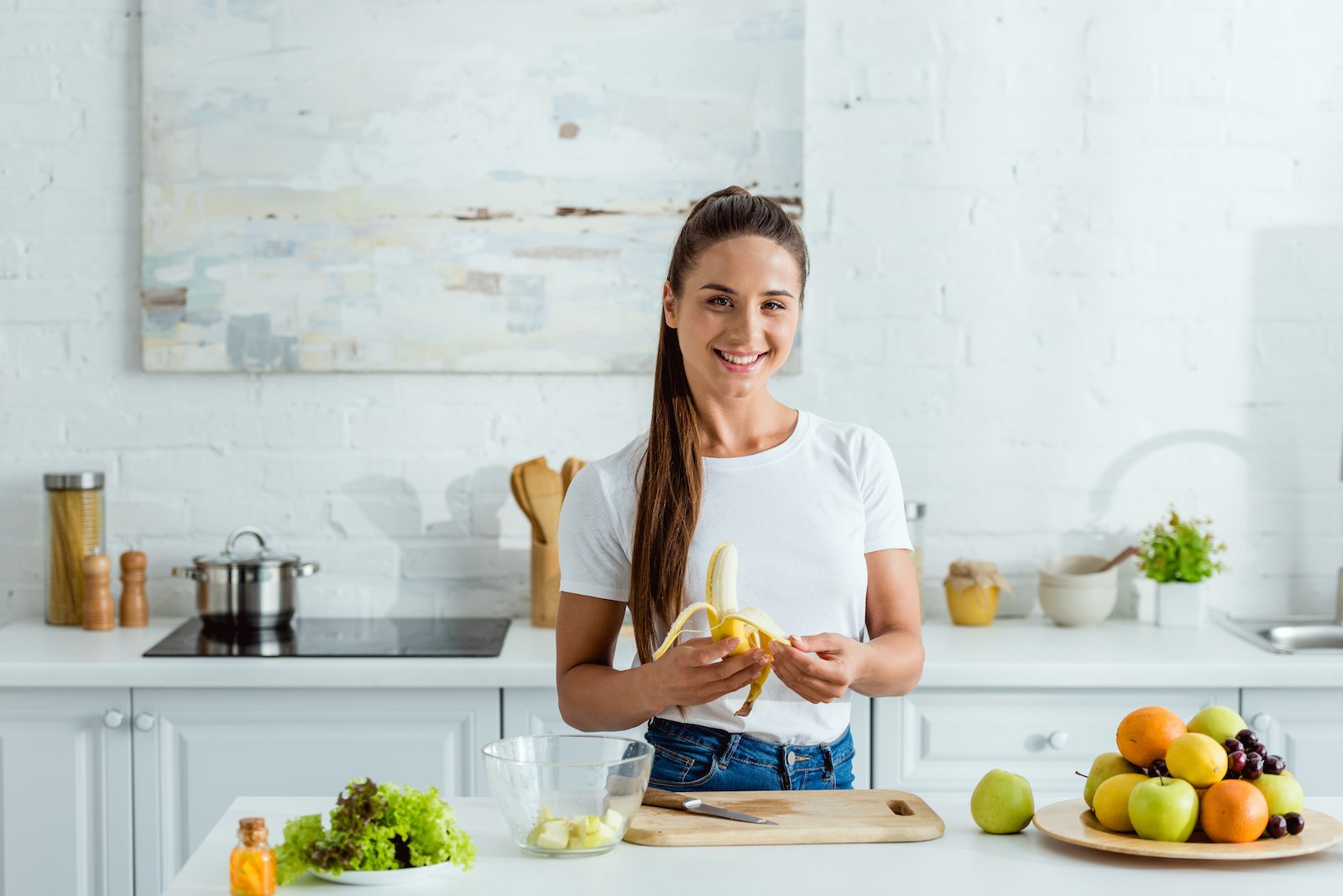
Even if you peel fruits and vegetables, washing them before peeling is crucial. Bacteria and other contaminants can be transferred from the peel to the knife and then to the edible part of the produce. To prevent cross-contamination, washing all produce before preparing it is always best, irrespective of peeling them.
Use Special Produce Washes
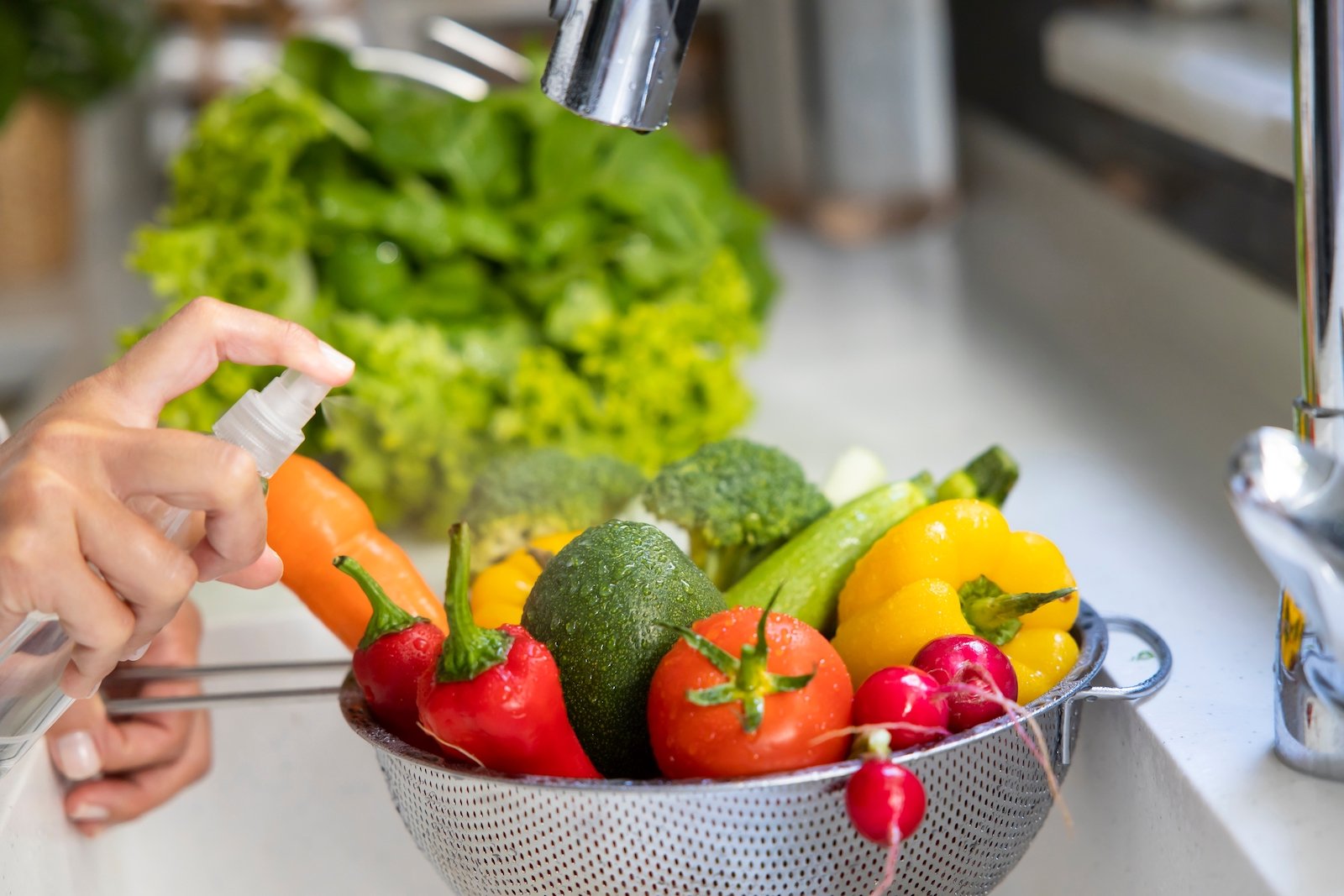
Commercial produce washes are often marketed as superior cleaning agents for fruits and vegetables. While these products might contain additional ingredients, plain water is more effective. Studies have shown that running water is just as efficient in removing bacteria and other contaminants. Using a produce wash can be unnecessary and may even leave residues behind.
Use Soap or Detergent To Clean Produce
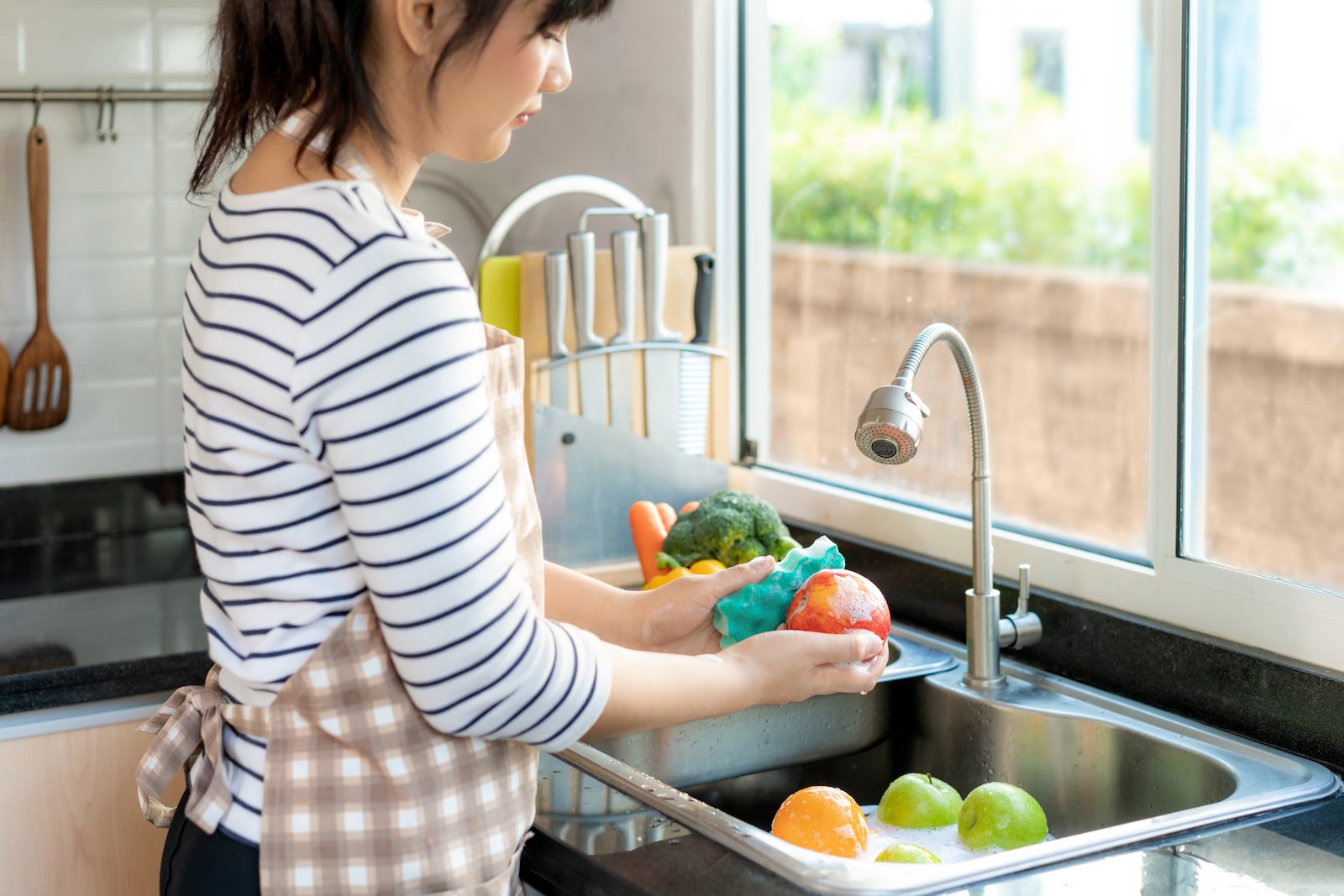
The USDA advises against using these products on produce as they are meant for cleaning non-food items and can leave harmful residues. Furthermore, soaps and detergents do not effectively kill bacteria. The safest and most effective method to wash produce is simply using cold running water.
Cooking Kills Bacteria, Hence No Need To Wash
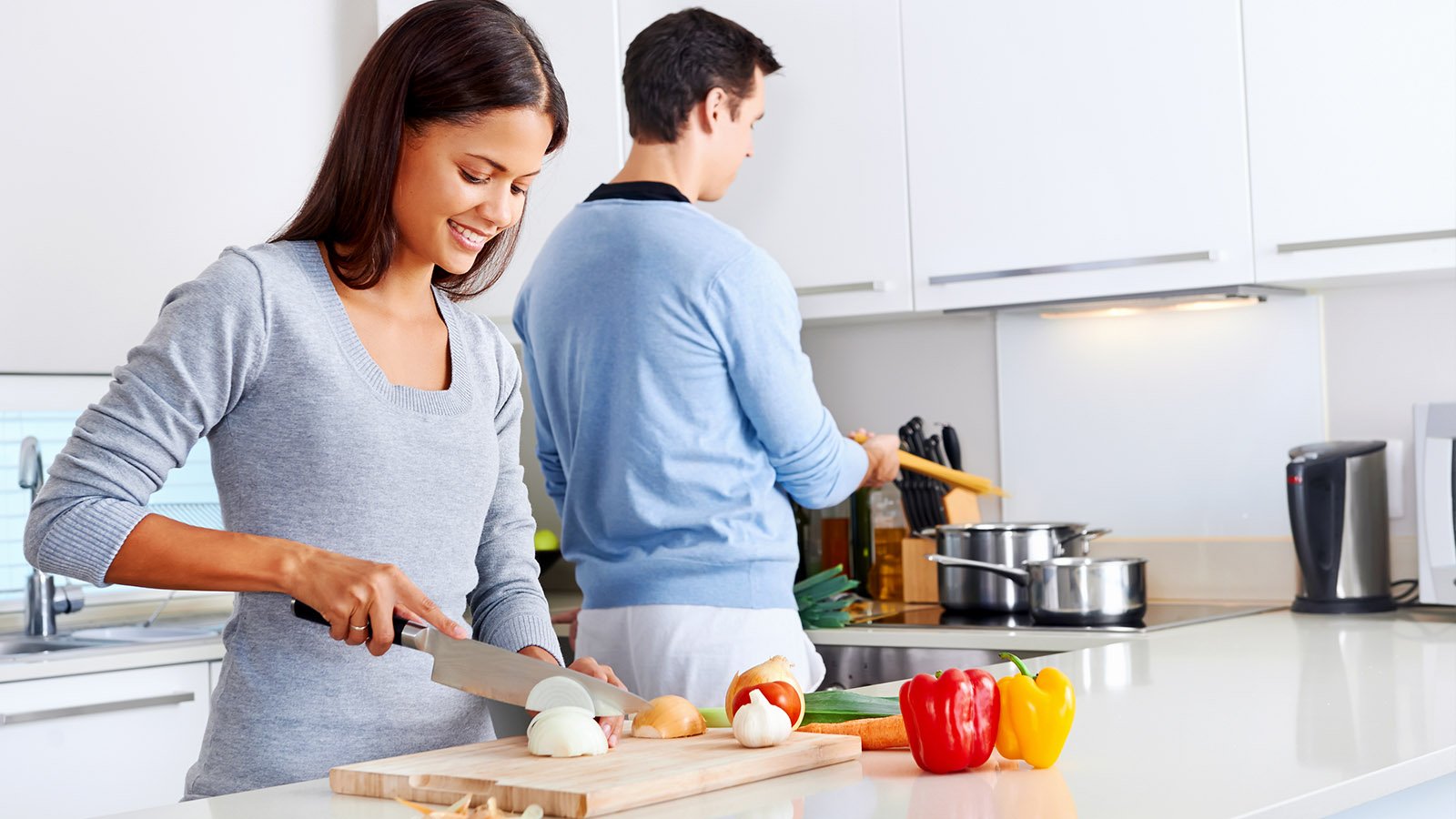
While most bacteria get destroyed in high temperatures, cooking does not kill all types of bacteria. Therefore, washing produce before peeling or cooking is crucial to prevent foodborne illnesses. For example, bacteria that form spores are resistant to cooking. In fact, in some cases, the heat generated from cooking can create a favorable condition for these sporing bacteria to grow.
Pre-washed Produce is Completely Clean

The term “pre-washed” can be misleading. While some pre-washed produce undergoes a cleaning process, it does not guarantee complete elimination of contaminants. It is essential to rinse pre-washed produce again before consumption, especially if it has been stored for a prolonged period. Additionally, the packaging of pre-washed produce can introduce bacteria. According to experts, 40% of pre-washed produce can be contaminated with harmful bacteria. Thus, they should be cleaned before consumption.
Hot Water is Better For Cleaning
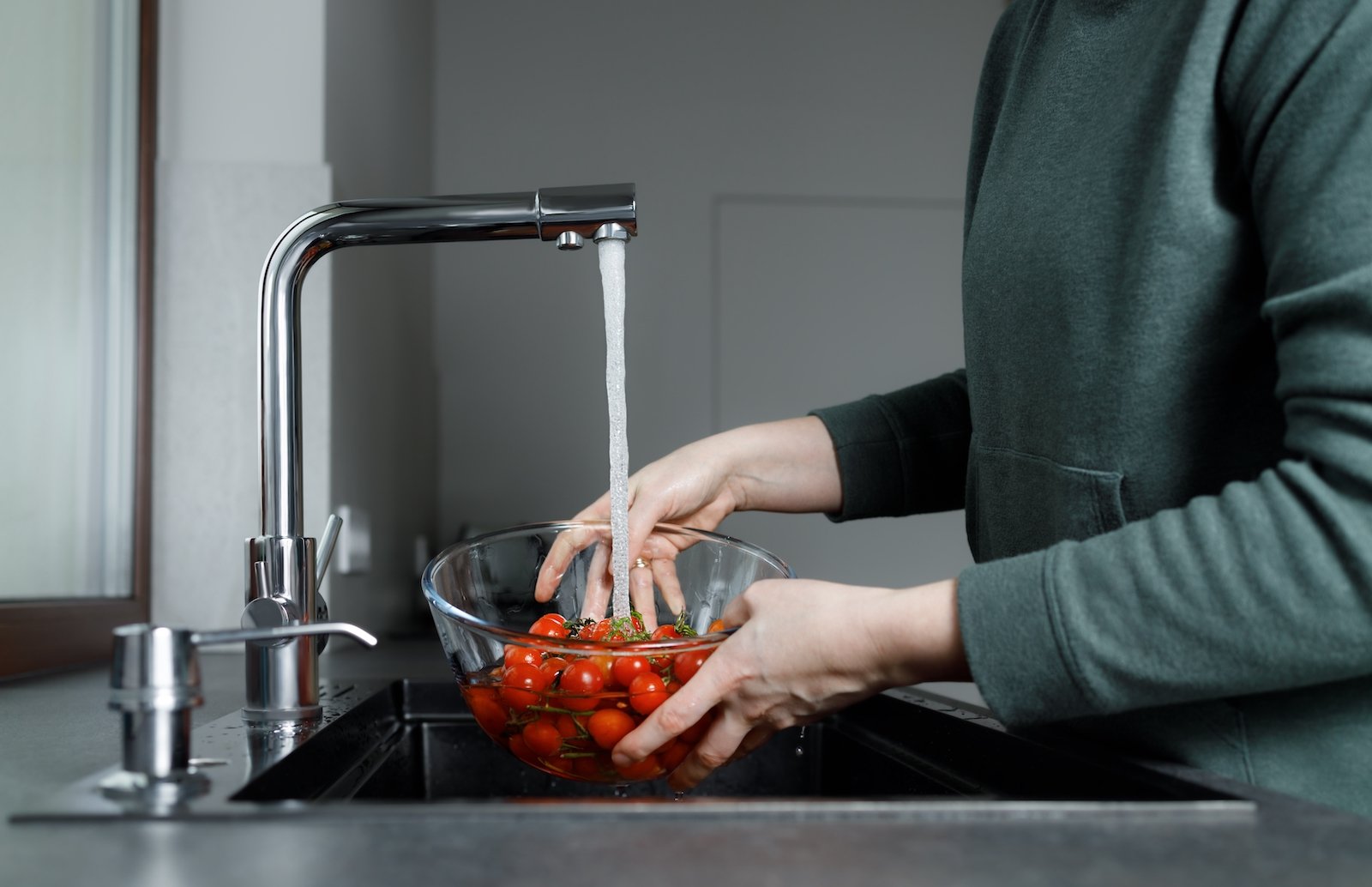
It’s a common belief that hotter water is more effective at killing germs and bacteria on fruits and vegetables. However, this is inaccurate. Cold water is more efficient at removing dirt, pesticides, and other contaminants from produce. Hot water can damage delicate produce, such as berries and tomatoes, altering their texture and flavor. Moreover, there is no scientific evidence to support that a quick wash with hot water effectively kills bacteria on produce. It only works if you are boiling the produce for a decent minute.
All Produce Need To Be Soaked in Water To Clean
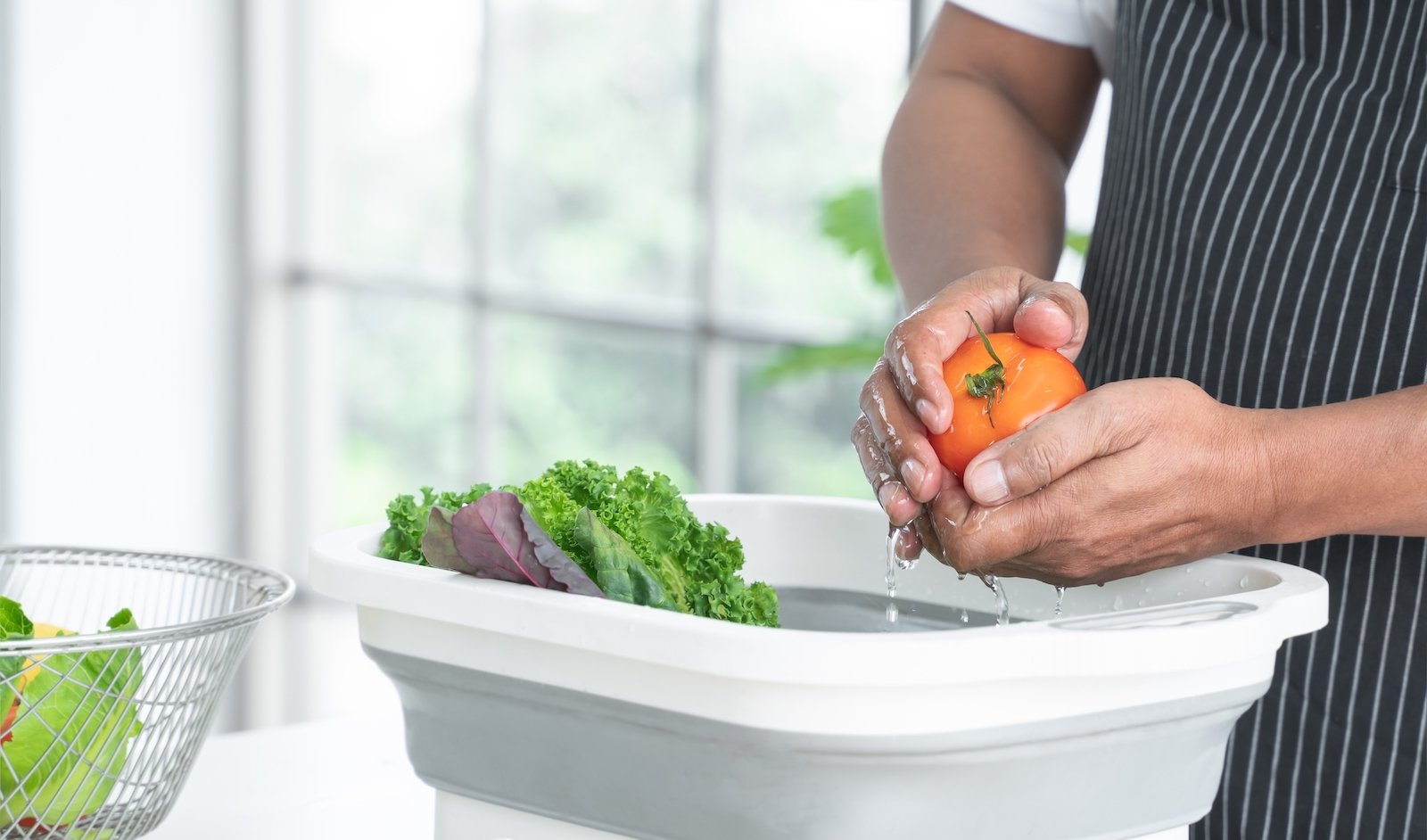
While soaking can be beneficial for removing dirt and pesticides from certain leafy greens, it is not a necessary step for cleaning all produce. Fruits and vegetables with thick skins, like apples, potatoes, and avocados, can be effectively cleaned by simply running them under cold water and gently scrubbing them. Oversoaking can cause some produce to become waterlogged, affecting its taste and texture. It can also lead to premature spoilage. Vegetables like mushrooms shouldn’t be soaked in water. They absorb water like a sponge and do nothing for cleaning.
No Need to Wash Your Garden Produce
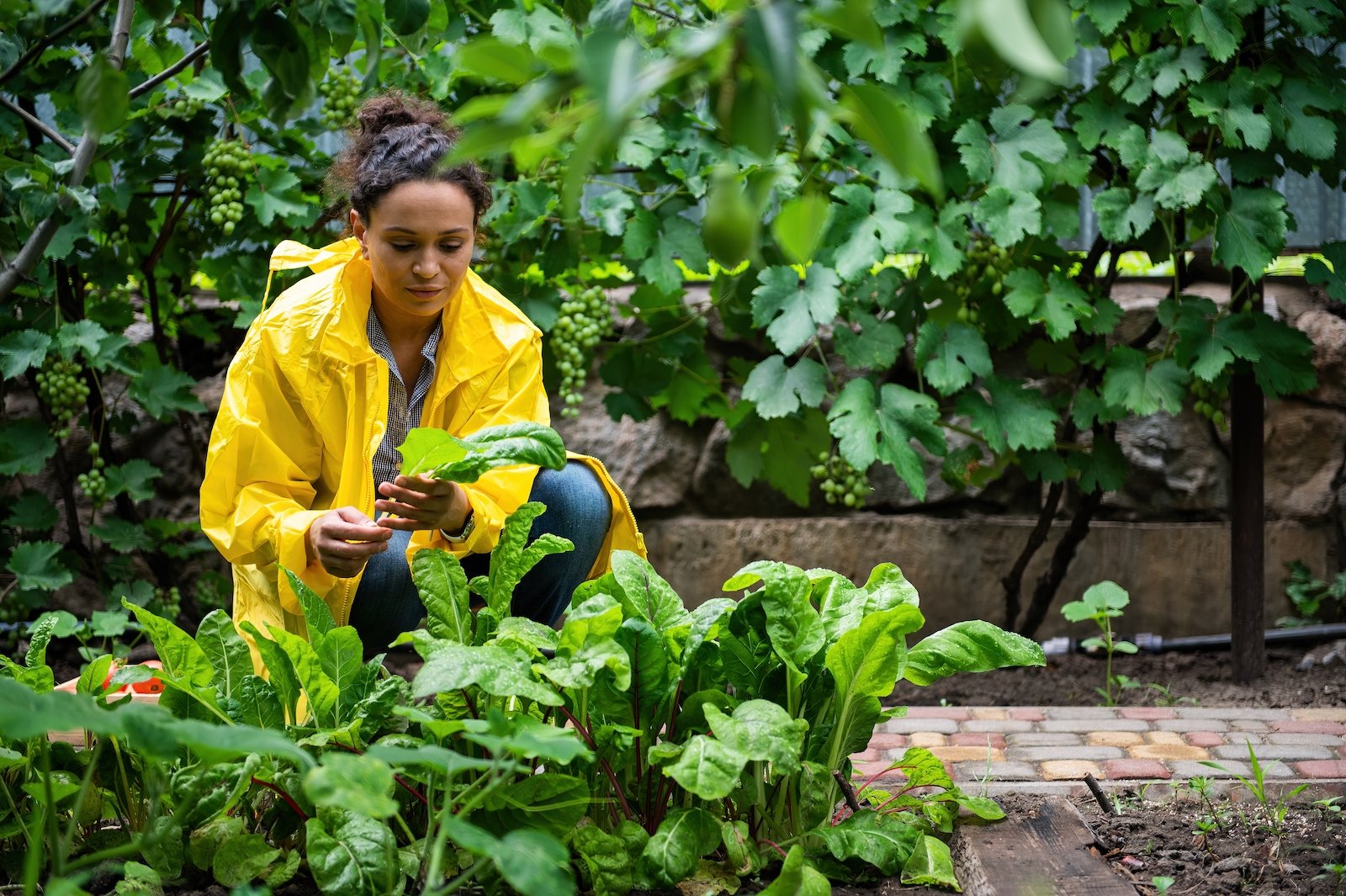
This is a dangerous misconception. Many believe that produce grown in their gardens is inherently clean and safe to eat without washing. However, garden produce can be contaminated with bacteria from various sources, including soil, insects, and animals. Washing garden produce is just as crucial as washing store-bought produce. It helps to remove harmful bacteria, dirt, and pesticides that may be present.
Wash Produce As Soon As You Get Them Home
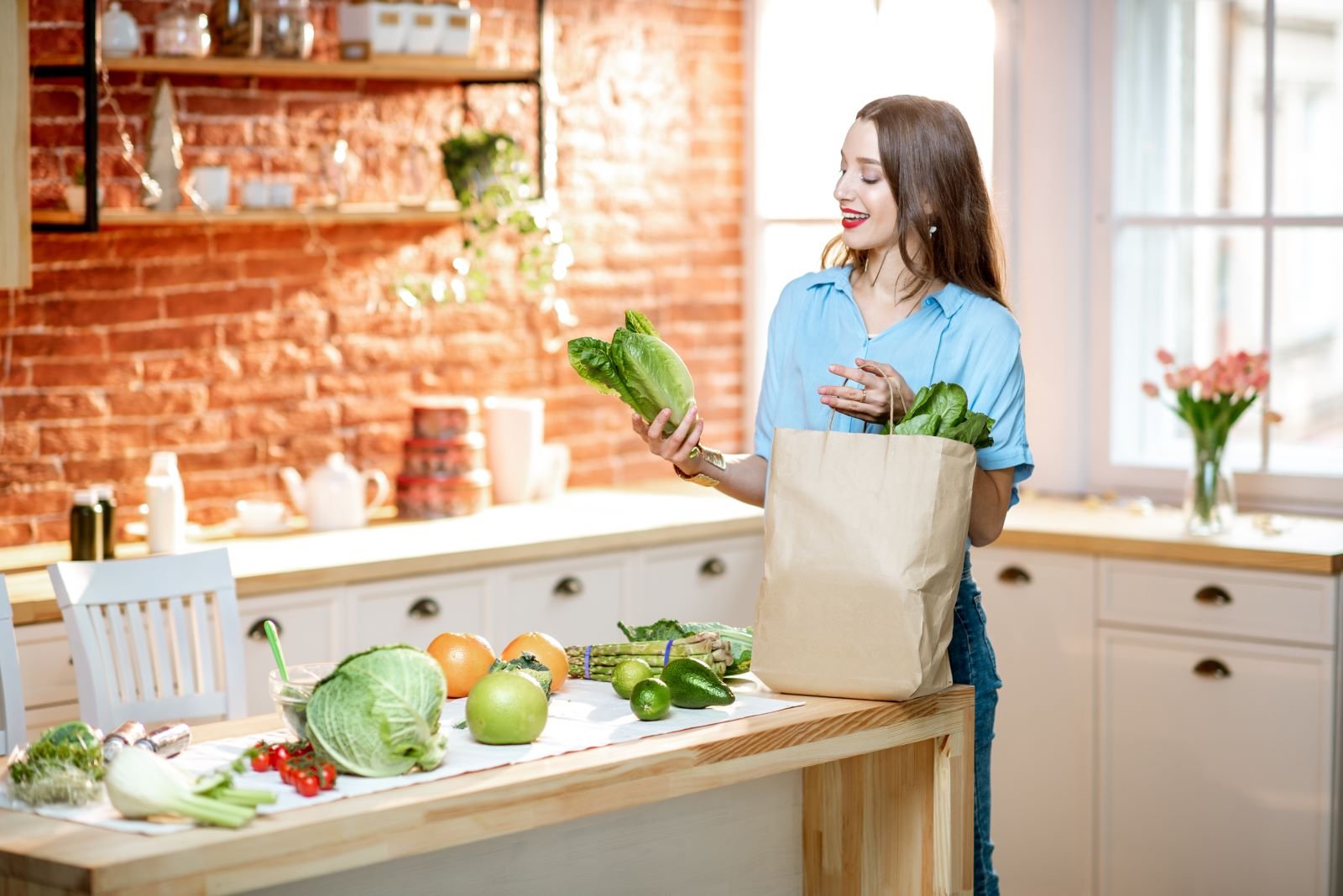
It’s a common practice to wash fruits and vegetables immediately upon bringing them home from the grocery store. While it’s essential to wash produce before consumption, washing it immediately upon arrival is not necessary. Washing produce too early can cause it to spoil faster. Moisture trapped in the produce can create an ideal environment for growing bacteria. It is recommended to store produce in the refrigerator and wash it just before consuming or preparing it.
Frozen Produce Doesn’t Need Washing
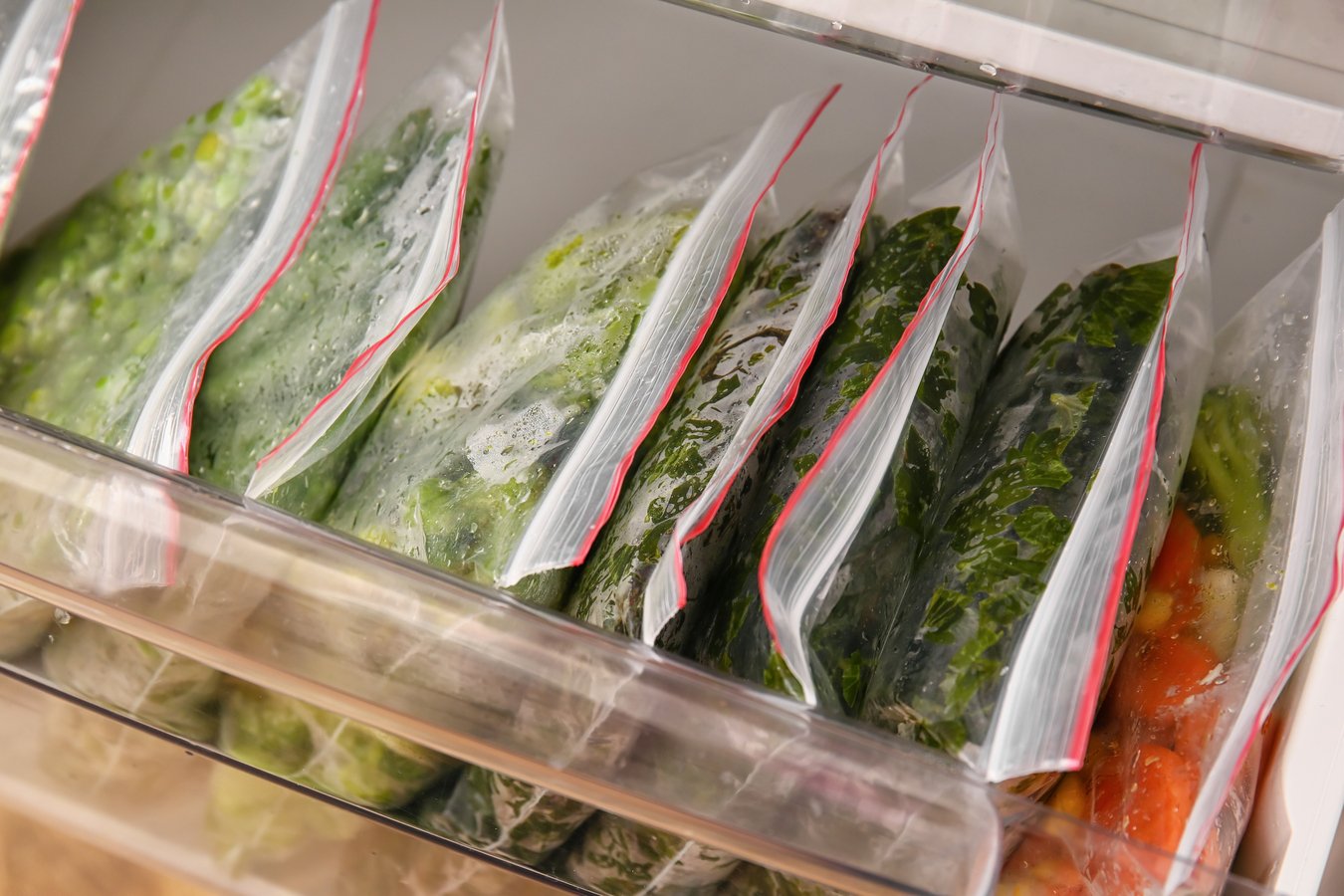
Many people assume that frozen produce is already clean and safe to consume without washing. However, this is incorrect. Frozen produce is often frozen at the peak of ripeness, which means it may have been harvested and processed days or weeks earlier. During this time, it could have come into contact with contaminants. Washing frozen produce before using it is essential to remove any dirt, bacteria, or other impurities that may be present.
Bacterias Only Live on The Produce Skin
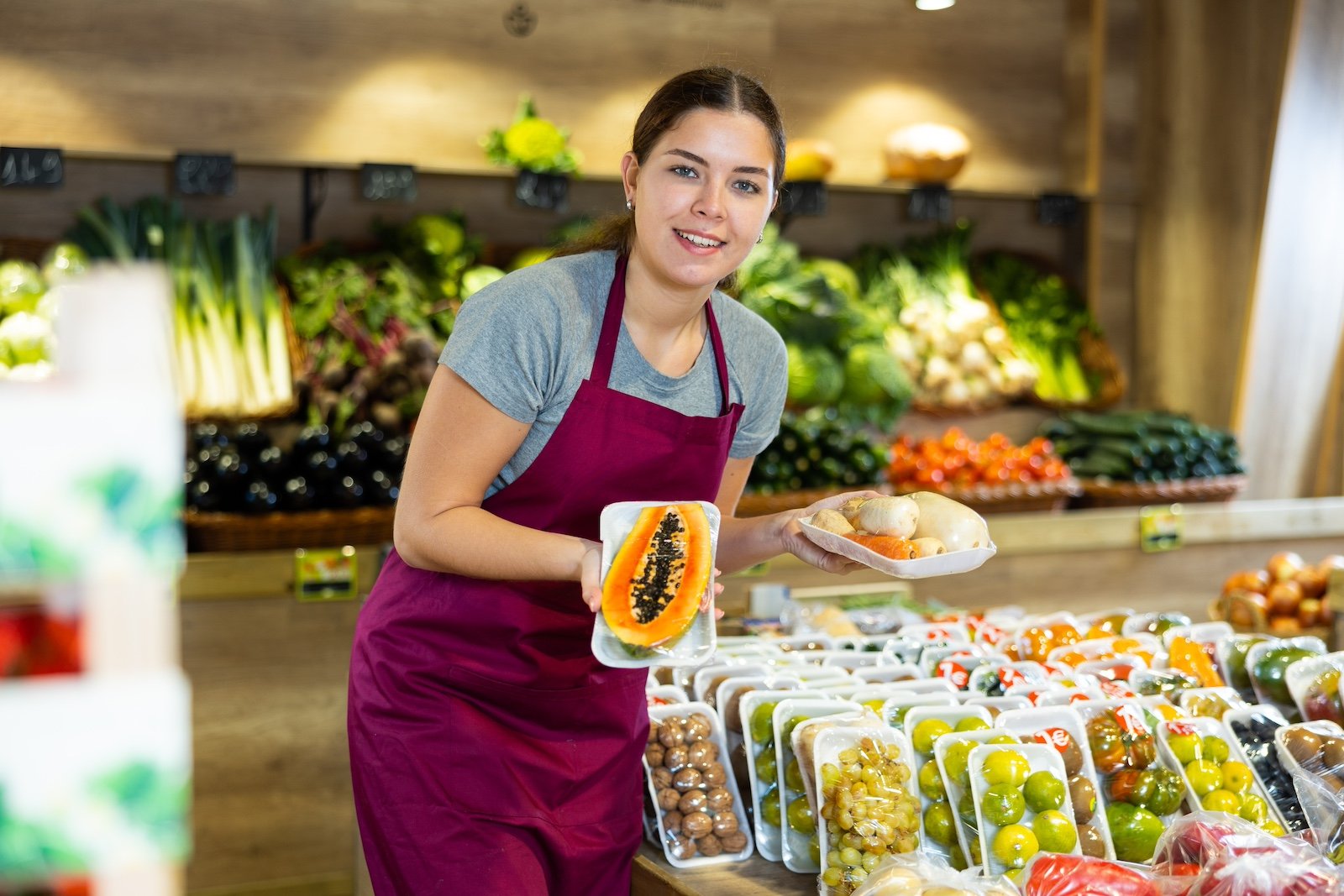
This needs to be clarified. While it is true that the majority of bacteria are found on the outer skin of fruits and vegetables, they can also be present on the inside. Bacteria can spread from the skin to the flesh during the cutting or peeling process. Therefore, it is crucial to wash all produce thoroughly, even if you plan to peel or cut it. Knives and cutting boards for preparing produce should be properly cleaned and sanitized to prevent cross-contamination.


